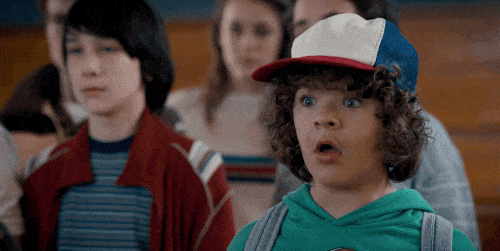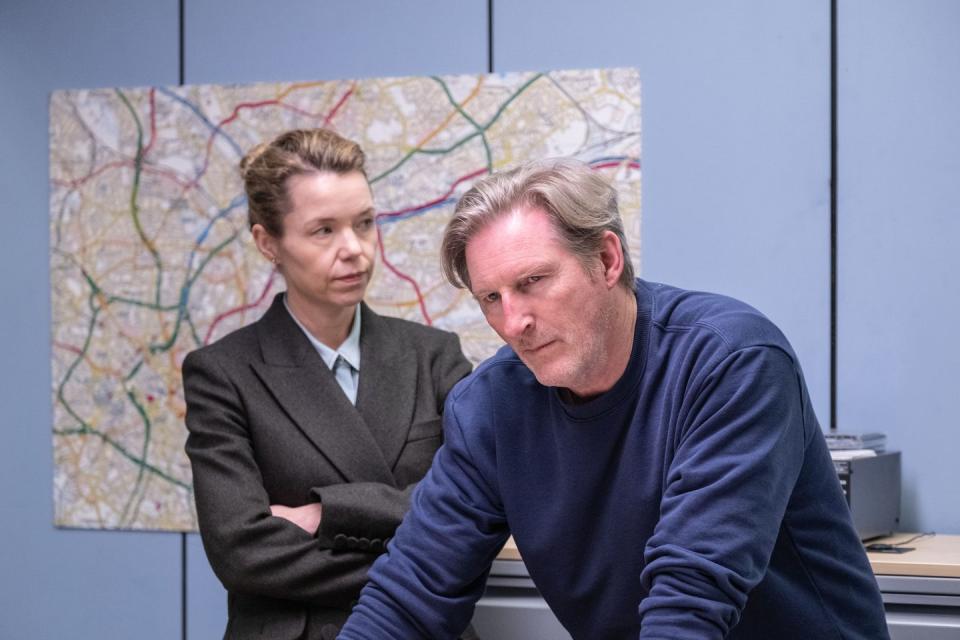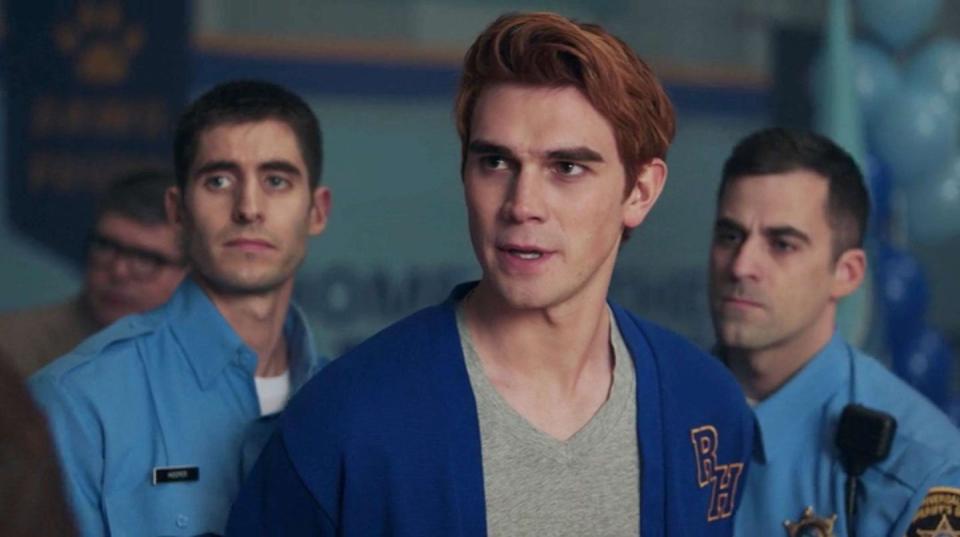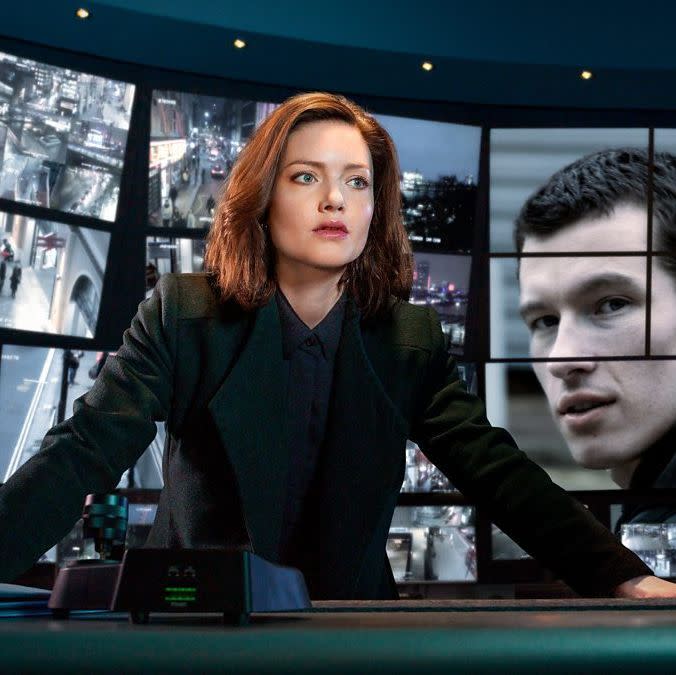A BBC exec just started some serious beef with Netflix

The streaming wars are in full swing as the world's biggest entertainment brands do battle in a bid to woo both talent and consumers.
The streaming old guard – Netflix and Amazon – are still very much in the running, but a raft of new contenders including Disney+, Apple TV+ and HBO Max, among others, are about to enter the ring.
Viewers will have more choice than ever before in a market which is already oversaturated – we're all familiar with pressing play on Gilmore Girls yet again because the sheer number of options is overwhelming.
That's going to make it even more challenging for the main competitors to stand out from the crowd, but the BBC has a plan of action and it's made a BIG deal out of how it's going to be different to (and better than) the likes of Netflix.

The BBC held an exclusive party at the Sky Garden in London earlier this week, drawing writers, producers and other talent who its execs want to attract as part of a concerted push to create the best, most original content.
The bar has been set sky high by Fleabag, the brainchild of Phoebe Waller-Bridge, who recently signed a whopping deal with... Amazon.
It's believed to be worth £16 million per year, according to Variety.

The BBC can't compete financially with the Amazons of the world, but it was at that gathering that the BBC's director of content Charlotte Moore set out what the company can do.
Her emphasis was on a more intimate approach to content management – iPlayer will be "human" curated, which "won't let your work disappear without a trace down the back of a global VoD library", reported via Deadline.
Moore didn't specially name Netflix, but you don't have to be a genius to pick up on the dig directed at the platform's algorithm which, in the words of Netflix, "offers personalised recommendations, to help you find shows and movies of interest to you".
It looks at factors such as your browsing history and how you rate titles to estimate what you would like to watch, which can be helpful, but also means scores of shows and films pass you by entirely.
Ownership can also be a contentious issue, but Moore said that the BBC big dogs "don't want to own" the creatives but rather give them the freedom that they need to produce their magic. The BBC will also go one step further, allowing writers and producers to own both their "programme and IP".
Shows that are created exclusively for Netflix and not acquired from elsewhere, such as The CW's Riverdale or CBC Television's Schitt's Creek, fall under the banner of Netflix Originals.

Another tactic that the BBC hopes will attract the crème de la crème to join their ranks over the likes of Netflix is less of a focus on "commercial imperatives".
She added: "We're here to back the stories that, frankly, the market isn't ready to support. We're driven by the desire to push creative boundaries."
When streaming platforms and broadcasters cull shows, it's because the ratings aren't strong enough and they're not financially beneficial to the business. But the BBC doesn't want potential big hits constrained by creativity-killing granular details.

Related: New on Netflix this week - All the new TV shows available to watch right now
Her comments come hot on the heels of the BBC's announcement that iPlayer is undergoing a huge revamp, the biggest since it launched towards the end of 2007.
Director-General Tony Hall said that it's a necessary move if it wants to challenge both Netflix and Amazon, ensuring that the BBC doesn't get left behind.
Five years ago, iPlayer held a 40% share of the streaming market, but that's slipped to 15%, and while traditional broadcasters are still most popular with viewers, streaming is edging ever closer – the number of UK streaming subscriptions rose from 15.6 million in 2018 to 19.1 million.
The alterations will be both cosmetic, giving the platform a different "look and feel", and shows will also be available for up to a year, rather than 30 days.

Hall, too, also spoke about the importance of a "human touch", favouring that approach instead of computer-generated algorithms, and Moore once again echoed those comments when discussing the changes to iPlayer: "[It] will become the heart of everything we do; the gateway to all our programmes – a total TV experience, which will bring everything you want from BBC television into one place for the first time.
"There's something else that makes our vision for iPlayer unique and special... it's the vital thing. It's curated.
"We're talking about a cutting-edge tech platform, run by humans. Because in a world of so much content and choice, a dynamic curated offering will become more and more important to people and will set the BBC apart."
Care to respond, Netflix?
Digital Spy is launching a newsletter – sign up to get it sent straight to your inbox.
Want up-to-the-minute entertainment news and features? Just hit 'Like' on our Digital Spy Facebook page and 'Follow' on our @digitalspy Instagram and Twitter accounts.
You Might Also Like

 Yahoo Movies
Yahoo Movies 
